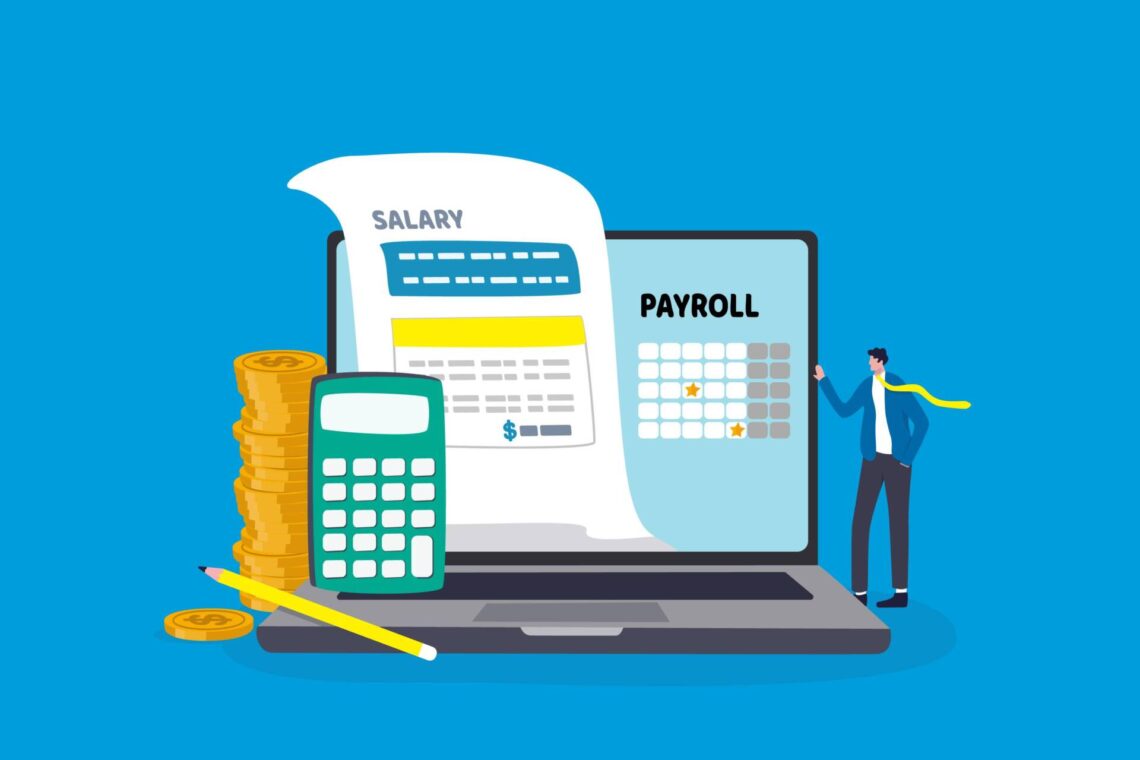Home Office Expenses is a topic we are asked about more and more as there is a move towards people working from home either for an employer or for themselves in a main or side business.
Our guidance differs depending on if you own your own home or if you rent. There are also differences between working at home for an employer as opposed to in your own business.
Working from home as an employee
In general, working for an employer and simply choosing to work from home for part or all of your time will not justify a deduction. The reason behind this is that if there is a designated office for you to work from and you simply choose to work from home, that is a choice, not a requirement. However, if your employer does not provide you with an office and your job is on the basis that you work from home then you will be entitled to claim deductions for those items that your employer doesn’t cover for you (in many of these situations employers will cover some or all of your expenses).
The table from the ATO outlines some common scenarios
| Deductions you may be able to claim | You do have a work area | You don’t have a work area |
| Cost of using a room’s utilities such as gas and electricity | Yes | Yes |
| Work-related phone costs | Yes | Yes |
| Decline in value (depreciation) of office plant and equipment such as desks, chairs and computers | Yes | Yes |
| Decline in value (depreciation) of curtains, carpets and light fittings | No | No |
| Occupancy expenses such as rent, mortgage interest, insurance and rates | No | No |
Running Your Own Business
In this situation if you have a designated office area that is predominately or exclusively for the use of your business you will be able to claim some of the expenses. There is a slight difference between what you can claim based on home ownership –v- Rental.
Home Ownership (Mortgage) situation
In this situation we usually advise to claim only running, equipment and ‘fit out’ type costs. These would include
- Any computers, printers, electronic equipment for work use
- Any desks, chairs etc for work use
- Internet and phone costs – using a percentage method
- Electricity – this is calculated at 45c/hr or on an area method of the office space compared to the entire house
We discourage the claiming of home occupancy costs such as rates, insurance, interest on mortgage, repairs etc. The reasoning behind this is that if this is your Principle Place of Residence (PPR) you are exempt from Capital Gains Tax on any profit made on sale. However, if you have claimed business expenses against the property you would need to pay a portion of Capital Gains Tax when you sell. The cost of the tax itself and the accountant to calculate and process this through your tax return could well end up more than the tax saved from the claims.
If you wished to claim these costs we would recommend they are claimed on a percentage of the home area. Eg. If the office area was a 4x4m room that would be 16m2. If the total house was 320m2 then it would be 5% of the area so 5% of the costs could be claimed.
Rental Situation
If you are renting you can claim all the items listed for home ownership/mortgage such as computers, desks, internet etc. You are also able to claim a percentage of your rent based on area for an office that is used exclusively for business purposes.
This ATO home office calculator is a great tool to help you calculate what you can claim.
Advice here is general advice only. Please ensure you seek advice from your taxation professional to ensure that you are claiming correctly based on your individual circumstances.





